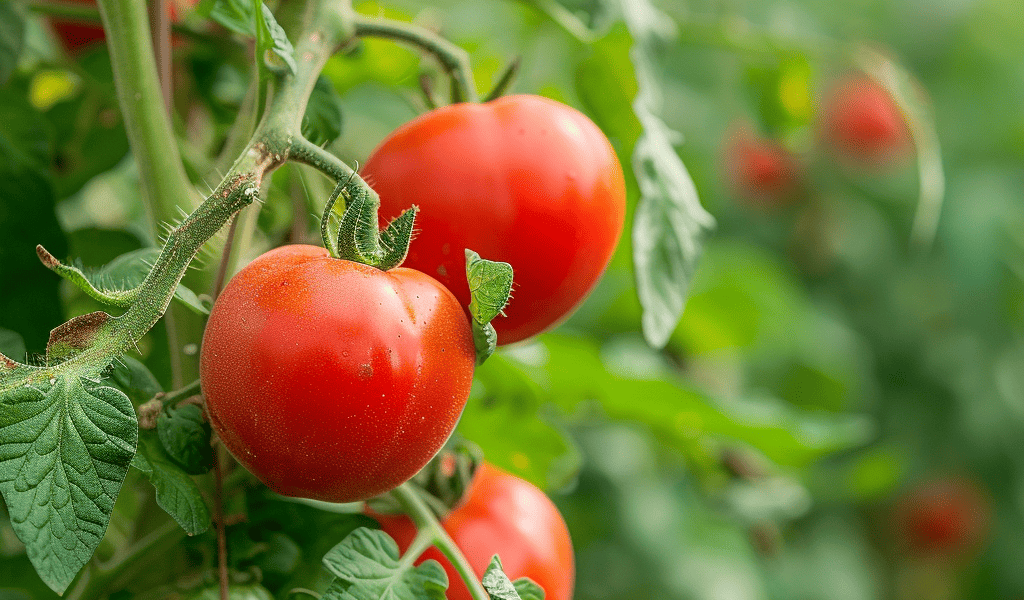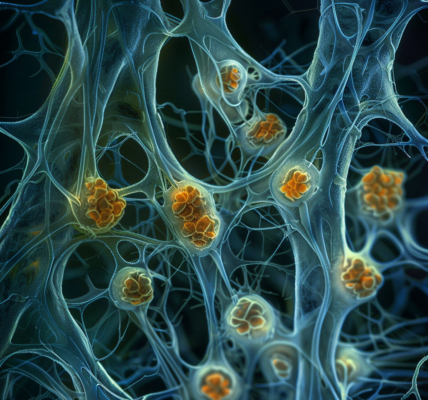Exciting Research Reveals How Predatory Protists Reduce Bacteria Wilt Disease Incidence in Tomato Plants
Exciting Research Reveals How Predatory Protists Reduce Bacteria Wilt Disease Incidence in Tomato Plants
Monday, January 29, 2024
Researchers have made a groundbreaking discovery in the field of agriculture, shedding light on the role of predatory protists in reducing bacterial wilt disease incidence in tomato plants. The study, conducted over eleven growing seasons of tomato planting under different fertilization regimes, has provided valuable insights that could revolutionize agricultural practices.
The research, published in Nature Communications, highlights the negative association between predatory protists and disease incidence, particularly two ciliophoran Colpoda OTUs. It also emphasizes how bioorganic fertilization enhances the abundance of predatory protists, offering a potential solution for disease management.
In glasshouse experiments, the study found that the predatory protist Colpoda influences disease incidence by directly consuming pathogens and indirectly increasing the presence of pathogen-suppressive microorganisms in the soil. This dual mechanism demonstrates the significant impact of predatory protists in reducing bacterial wilt disease incidence in tomato plants.
The lead researcher, Dr. Guo, shared, “We find that predatory protists are negatively associated with disease incidence, especially two ciliophoran Colpoda OTUs, and that bioorganic fertilization enhances the abundance of predatory protists. In glasshouse experiments, we find that the predatory protist Colpoda influences disease incidence by directly consuming pathogens and indirectly increasing the presence of pathogen-suppressive microorganisms in the soil. Together, we demonstrate that predatory protists reduce bacterial wilt disease incidence in tomato plants via direct and indirect reductions of pathogens.”
This groundbreaking research has the potential to shape more sustainable agricultural practices, offering a ray of hope for farmers grappling with bacterial wilt disease in tomato plants. The findings could pave the way for the development of innovative disease management strategies, ultimately contributing to the advancement of agricultural sustainability.
For those interested in delving deeper into the complete research, the study is available in Nature Communications under the title ‘Predatory protists reduce bacteria wilt disease incidence in tomato plants’ by Guo, S., Jiao, Z., Yan, Z. et al. (2024).





